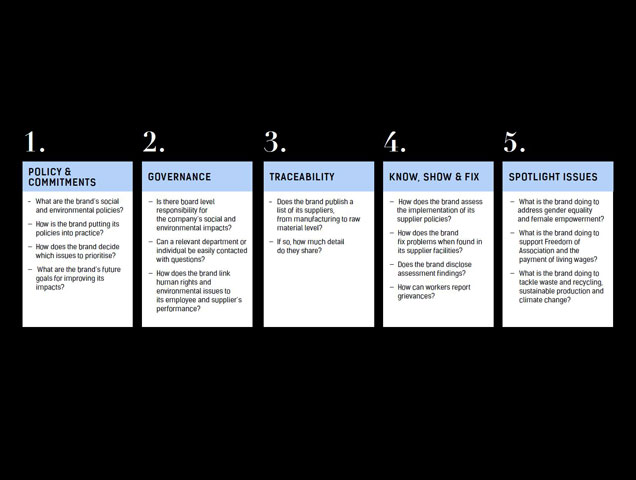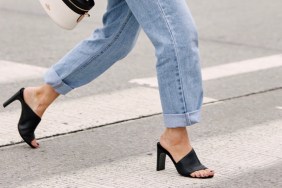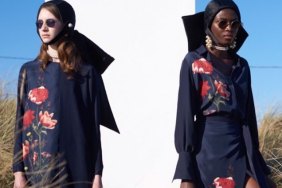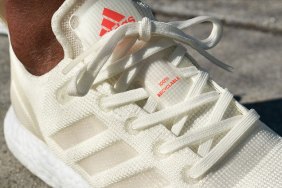The fashion industry is ever evolving and not just because of the seasonal trends — ethics and eco-friendliness were things brands used to shrug off, but now they affect the way consumers buy. Fashion Revolution, an organization bent on swerving the industry into ethical practices, has just released its annual Transparency Index looking at 200 of the biggest global fashion brands.
“The fashion industry was built on secrecy and elitism; it was opaque. Transparency is disruptive — in that sense, it’s a breath of fresh air and a useful weapon for change,” said co-founder and creative director of Fashion Revolution Orsola de Castro. Through knowing what happens behind the scenes, consumers can call for fair trade, well-being, living wages, empowerment, gender equality, business accountability, sustainable livelihoods, good working conditions and environmental sustainability.
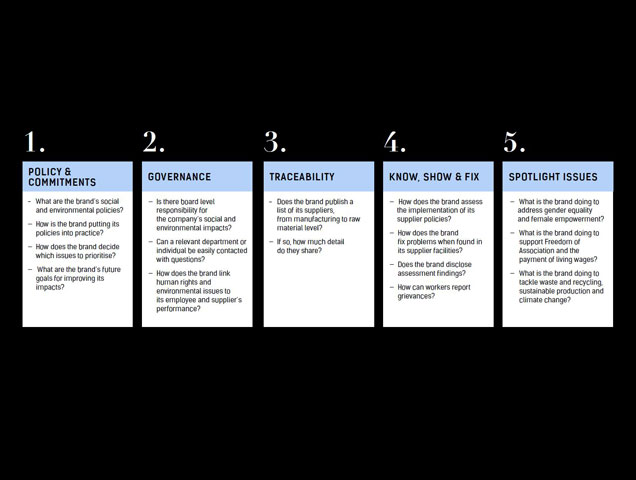
The Transparency Index ranked the 200 brands using five factors: policy and commitment; governance; traceability; know, show and fix; and spotlight issues. Fashion Revolution announced that there has been a 5 percent increase in the level of transparency compared to last year and a 9 percent increase since 2017. Furthermore, it was found that more brands and retailers are disclosing their suppliers than they were three years ago.
For 2019, the five highest scoring brands are Adidas (64 percent), Reebok (64 percent), Patagonia (64 percent), Esprit (62 percent) and H&M (61 percent). Dior, Sainsbury’s, Nike, New Balance and Marc Jacobs were the brands that made a 5 percent increase in their score from last year.
Sadly, Youngor, Jessica Simpson, Mexx, Elie Tahari and Tom Ford scored a 0 for this year’s Transparency Index.
Despite the positive results, work still needs to be done in order to reach 100 percent transparency someday. Read more on the Transparency Index here.
